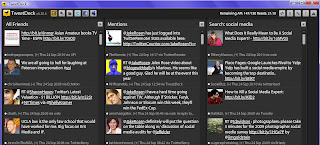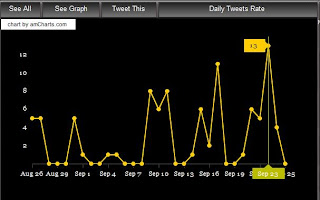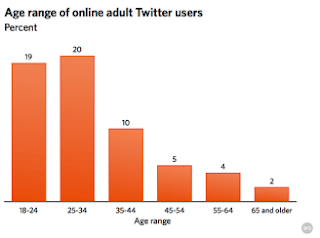The relationships you build in social media follow some of the same basic principles your in-person relationships adhere to. You should communicate regularly and effectively, show interest and share parts of your personality if you want to make a true connection.
Many people have a very difficult time discussing less than positive things about themselves with anybody, let alone acquaintances that they've never met face-to-face. It is difficult for people who are proud of their lives to share the negative aspects such as the possibility of losing a job, health issues or relationship troubles. More often than not, it is the people who you share these details with that become your closest relationships and your biggest supporters.
The same is true in social media. Addressing negative aspects of your brand with interested people with breed brand advocacy in the long run. People will respect you for being open and honest about potential faults in your services, business model, communication strategy or anything else.
If you work for a large corporation or brand, I know there will be a great deal of pushback from the conservative members of the organization, the legal team and traditional processes that have been in place for years. Hiding the negative is a thing of the past though. If there is a small issue that won't bring down the brand, I would strongly suggest admitting to it, addressing it with your interested consumers/key audiences and moving forward with them at your side.
A prime example of a brand making a minor mistake, hearing about it from consumers, addressing it publicly, gaining respect for doing so and moving forward with more brand advocates is ESPN. Earlier this year, ESPN released their new social media policy, which received a great deal of negative attention from social media users. ESPN listened and rather than sweeping it under the rug they responded on air.


























